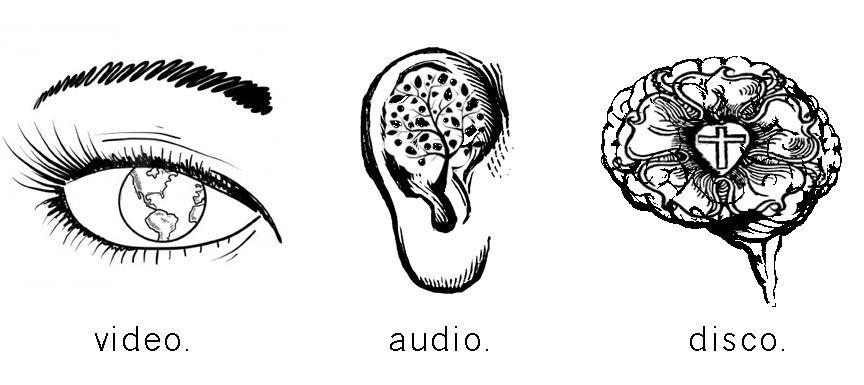These thoughts sparked a correlation with the Christian concept of salvation. Freedom is closely related to the idea of salvation in Christian theology. Indeed, the overarching theme of the biblical narrative is the theme of exodus: the God of the Bible is the God who liberates people from bondage. The exodus motif is seen in Jesus' first sermon in which he explained that he had come to proclaim freedom to the captives (Luke 4:18). And Paul also wrote that "where the Spirit of the Lord is, there is freedom," (2 Cor. 3:17).
Freedom is part of salvation. The God of the Bible liberates. Salvation is freedom.
But in the same way that the libertarian-ized concept of freedom tends to overemphasize one side of freedom, I wonder if conventional views of Christian salvation also overemphasize one side of freedom.
It is quite common to hear Christians talk about the fact that they are "saved." Being saved means being saved from something. It connotes a new existence in which one has been saved or freed from an old existence. Like the slaves who came out of Egypt, the individual has been liberated from the bondage of sin (Rom. 6:6). Freedom, therefore, is an appropriate concept to describe Christian salvation.
But it seems that the contemporary [and deficient] understanding of freedom has influenced the common understanding of Christian salvation. I make this inference because I know of so many Christians who define salvation in this way: I am saved. I am free. The end. Salvation then becomes defined by what one has been saved (or freed) from and not what one has been saved for. This is precisely the kind of freedom discussed in my previous post. It is "freedom without the goal of determinateness." It is salvation without a purpose.
Free from what? And free for what? Likewise, saved from what? And saved for what?
The good news is that Jesus saves us from a broken world for a healed world. The good news of Christian salvation is that Jesus frees us from guilt, shame, and violence for self-worth, forgiveness, and peace. In short, Christian salvation is freedom from sin for the purpose of the Kingdom of God (i.e. the place where God's will is done).
It seems to me that only when we have a fuller understanding of freedom as that which grants both self-determination and purpose can we appropriately use freedom as a way to explain the salvation that is found in Jesus the Christ.

No comments:
Post a Comment